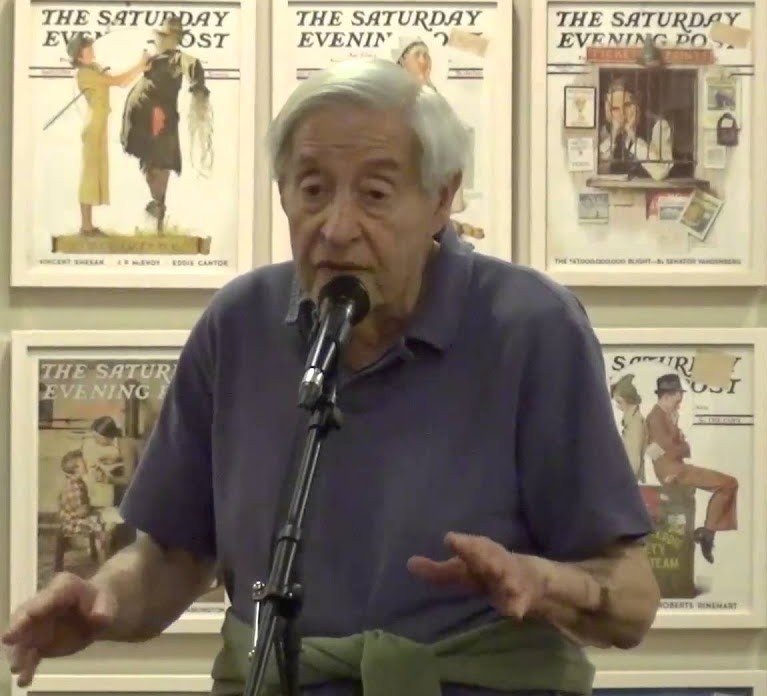
Prof Sidney Verba’s death a day ago does not appear to have dominated global headlines. But that is a paradox because, along with others in his generation, they Americanised Political Science if not social sciences to the point that Nigerian political scientist, Claude Ake, had to shout plenty by writing his Social Science as Imperialism. That is a typical ‘Third Worldist’ reading of the totality of the intervention of that loose generation of American social scientists in the aftermath of the ‘Third World’.
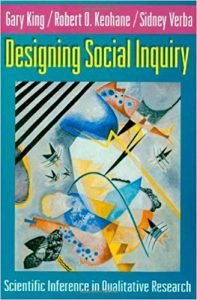
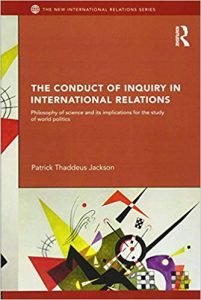
But the paradox goes further than the scarcity of the news of the death of a significant ideas man. The second is how the Political Science they defined and dominated over striped them in their life time as their own ‘students’ turned the table in many regards, redefined the rules and changed direction. Interestingly, when they couldn’t beat ‘them’, they joined them. There is no better evidence of this than the methodology book Gary King, Robert Keohane and the same Sidney Verba wrote in 1994 coming to terms with Qualitative Methodology. That’s not a terrible way of reading Designing Social Inquiry to the extent that it carries the word ‘Qualitative Research’ at all in the title even though they still insisted on facts as the definitive element informing inference. That book did not stop Keohane, one of its authors, from launching a full scale methodological war in his Presidential Address to the American Political Science Association, (APSA) in 1988. That war has been concluded now with victory for those who say that Political Science is not about facts in themselves but the interpretation and that interpretation is a very subjective thing. It is victory to the extent that post-positivists can now earn a PhD nowadays. That is an agenda set by a completely new generation of political scientists, led by the activists of the ‘Perestroika Movement’ in 2000 and reflected in books such as Patrick Thaddeus Jackson’s 2011 book, The Conduct of Inquiry in International Relations: Philosophy of Science and Its Implications for the Study of World Politics. So, while it would not be correct that that generation capitulated in their resistance to post-positivism, they can be said to have come to terms with it.
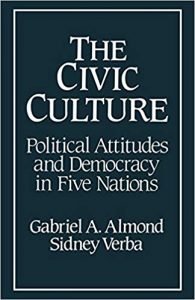
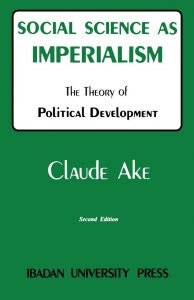
But innovation rested with that generation, whether one is talking of the classical theorists of political development – Gabriel Almond, Sidney Verba, Lucian Pye or their liberal internationalist successors in the Joseph Nye, Robert Keohane and John Ikenberry or their counterpart in International Relations, particularly Kenneth Waltz. It is difficult to imagine what International Relations would be like today if Waltz had not come up with Theory of International Politics in 1979. That theory fits very well into Ake’s totalizing shrifting of the generation but, reading Prof Bary Buzan’s “The Timeless Wisdom of Realism?”, one cannot but conclude that there is, indeed, scholarship in it. It is just that there has been a rupture which Political Realism can hardly come out of it intact. Not after what the likes of Richard Ashley, Ken Booth, Didier Bigo, RB Walker, Gerald O’Tuathail, John Agnew, Simon Dalby and all the other tough guys in that ‘gang’ have done to it.
In the 1960 when they struck, they did political science a great favour. They expanded the methodological canvass from crude, quantitative stuff to incipient qualitative Political Science. It is with them that a political scientist could talk about political culture, political behavior, political participation and the use of the words ‘elite’ which is their own replacement for class which they didn’t like because it smells Marxism. To them goes the credit for Comparative Politics, irrespective of whether the substance was American foreign policy by another name or, to use Ake’s words, social science as imperialism.

Verba in 2009
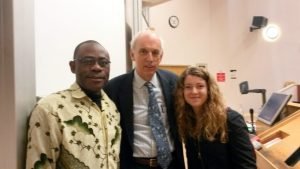
Prof Robert Keohane with the author, Adagbo Onoja and another student of UCL in 2015
The last paradox about that generation is the huge difference between their person and their scholarship. Very personable and highly friendly when one meets them but persistently productive of problematic sort of ideas as far as change is concerned. The very, very friendly Robert Keohane that one met in UCL in 2015 is also the author of the climate change governance paradigm that though recognizes diffuseness of actors but not hegemony. Far sighted enough to write After Hegemony but not inclined to accord contemporary turmoil in global affairs anything than his notion of “Contested Multilateralism”. His colleague, Prof John Ikenberry does not appear to cease worrying about the survival of the ‘liberal international order’ in which he says America’s role is that of a Liberal Leviathan.
It is probably unrealistic to expect them to depart from the world they know and the world that has served them very well. At the least, most of them orbited between Princeton University, Stanford, Harvard, Chicago and the likes. Although many of them readily acknowledge not being born with silver spoon in their mouth, these universities offered the best of elite university model. How wouldn’t a scholar from such centres of privilege defend the social order that gave him or her the advantage or privilege of being knowledgeable enough to be global rule writers? It doesn’t make them imperialists per se, a point Ake mentions clearly in his book. What they did and what those of them still living are doing is what critical geopolitics scholars call writing the world.
Posted from my blog with SteemPress : https://intervention.ng/15352/
Congratulations @adepentane! You have completed the following achievement on the Steem blockchain and have been rewarded with new badge(s) :
Click here to view your Board
If you no longer want to receive notifications, reply to this comment with the word
STOPTo support your work, I also upvoted your post!
Vote for @Steemitboard as a witness and get one more award and increased upvotes!